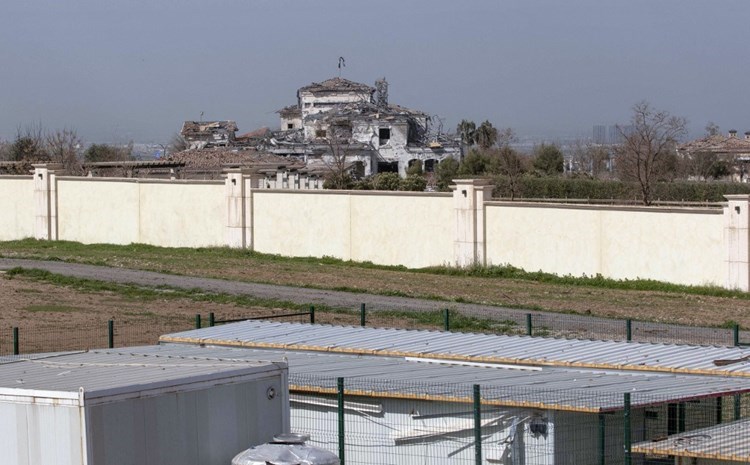Al Mayadeen sources: 4 Israeli officers killed in intelligence HQs strike in Erbil
Reliable sources have revealed to Al Mayadeen that the Israeli security and intelligence headquarters, targeted by the IRGC, is a major operations center.
-

Al Mayadeen sources: 4 Israeli officers killed after targeting security headquarters in Erbil
Reliable sources revealed to Al Mayadeen, today, Sunday, that the Israeli security and intelligence headquarters, which was bombed today in Iraqi Kurdistan, is a major operations center and not a secondary one for the Israeli Mossad.
The sources confirmed, "Four Israeli officers were killed, in addition to seven wounded, four of whom are in a critical condition," explaining that "the same headquarters was responsible for an intelligence and aggressive operation against Iran in recent times."
They indicated that on February 14, six Israeli drones were launched from the heart of Iraqi Kurdistan and targeted a camp in Iranian Kermanshah, adding that "as a result of Israeli aggression, Iran bore significant losses."
"Iranian monitoring agencies and their security capabilities confirmed that the headquarters near the Salah Al-Din resort was the decision-maker and the executioner," the source added.
It stated that "the Iranian missile bombing today targeted the same military intelligence headquarters in Kurdistan."
Today, Iran's Islamic Revolution Guard Corps announced that it had targeted a "strategic center for Zionist plots" in northern Iraq with missiles, using "powerful and accurate missiles."
And on Saturday night, Al Mayadeen's correspondent in Baghdad reported that several missiles fell in the vicinity of the US Harir base near Erbil Airport, the capital of the Kurdistan region of Iraq.
Palestinian factions: The operation confirms the effectiveness of using force
The official in the media office of the Popular Front for the Liberation of Palestine in Gaza, Ahmed Khreis, said the bombing of Mossad training centers in Erbil cripples the Zionists from committing more attacks, noting that "Iran assures the world that it is a strong match and does not forgive the attacks of the Zionists or their spy networks."
Khreis considered that "Iran today is not like yesterday, as it is a central force in the region, and its steadfastness in the file of the nuclear agreement proves to everyone that the time of submission and kneeling is over."

 2 Min Read
2 Min Read








